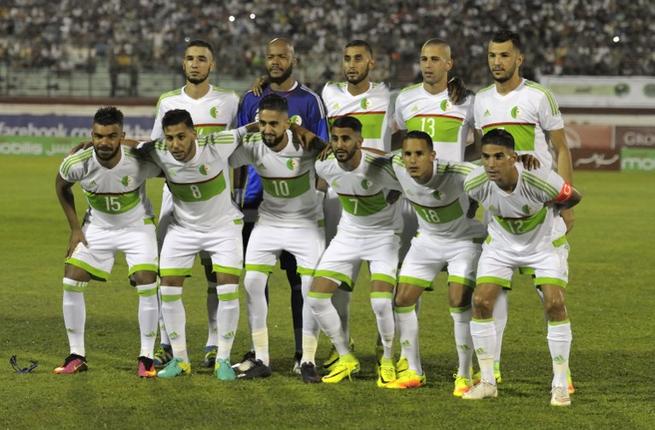More than 80% of the world’s rock phosphate reserves are in the Maghreb.
Algeria is looking to increase phosphate production from 2 million tonnes per year to 15 million tonnes per year by 2020 and position itself as one of the world’s premier phosphate exporters.
The plan, which includes a $6 billion plant under construction in partnership with China, could help meet growing global demand for phosphate, which is expected to rise to 49 million tonnes by the end of this decade, data from the UN Food and Agriculture Organisation (FAO) and US Geological Survey stated.
If Algeria meets target outputs, the Maghreb would have the potential to supply the world more than 35 million tonnes of phosphate per year by 2020.
More than 80% of the world’s rock phosphate reserves are in the Maghreb, with an estimated 50 billion tonnes in Morocco, including more than 5 billion tonnes in the disputed Western Sahara territory. Morocco’s annual phosphate production capacity is 12 million tonnes and Tunisia produces up to 8 million tonnes annually.
Scientists say rock phosphate is uniquely capable of processing fertiliser and replacement is expected in the near future. Phosphorous — an early element of rock
phosphate — is needed by animals and humans to maintain a healthy metabolism, the FAO said.
Experts said demand for fertilisers would grow at least 2% per year as the world’s population rose and the amount of arable land declined.
Algerian officials said they are optimistic they can expand their share of the growing market with the new plant.
“Apart from providing thousands of jobs, (the plant) will bring Algeria export earnings of between $1 billion and $1.5 billion per year,” said Abdelmoumen Ould Kaddour, chairman and chief executive officer of Algeria’s oil and gas state group Sonatrach.
Ould Kaddour said the phosphoric acid complex, being built in the eastern province of Souk Ahras, would be open at the end of 2019 and will be fed from the Bled el Hadba phosphate mine in Tebessa province. The mine has approximately 2 billion tonnes of reserves, the Algerian Ministry of Energy and Mining said.
The ministry said Algeria planned to increase phosphate production to 15 million tonnes per year in 2020 by exploiting the reserves of el Hadba of 2 billion tonnes and other mines.
“With this mine of 2 billion tonnes of reserves, Algeria can be the leader in the processed phosphate industry in Africa,” Industry and Mines Minister Youcef Yousfi said.
Other phosphate mines with significant reserves are Betita, Djebel Onk, Djemi Djema and Kef Snoun.
Sonatrach and Algerian state-owned phosphate companies Asmidal and Manal are working with two Chinese firms to develop el Hadba mine and the crop nutrition fertiliser complex, said Ould Kaddour.
The three Algerian companies have a 51% stake in the venture. The China International Trust and Investment Corporation (CITIC) and Wengfu Group own the remaining 49%.
CITIC is involved in several construction and engineering projects in Algeria.
Wengfu specialises in phosphorus mining and fertiliser production, providing chemical processing services for phosphorus, sulphur, coal, fluorine and iodine, as well as research and technical services in the phosphate industry.
“I think we are open to being helped by everyone to develop our fertiliser industry, which will permit Algeria to end its dependency on oil and gas,” said Ould Kaddour after touring the project’s building site.
Oil and gas account for more than 94% of Algeria’s exports and approximately 60% of state revenues.
Algeria’s reliance on hydrocarbon and the state’s command economy prevented Algeria from exploiting and benefiting from its large reserves of minerals and metals, including gold and zinc.














